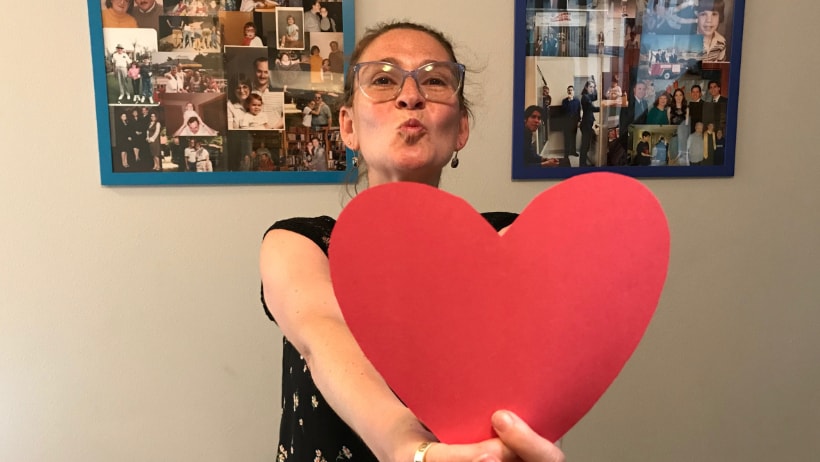“Love is a four-letter word.” It’s a humorous nod to the frustrations and difficulties we encounter in even our closest relationships. Perhaps the real frustration is that love has so many sides to it. Think of all the ways we both praise and denounce this emotion in popular music. “Love stinks” and “love hurts” and “love bites.” Yet, “all you need is love” and “I will always love you.” Love is supposed to be this positive notion of warmth and connection, but there are plenty of challenges and harsh realities that go along with it. Letting go of a loved one can be extremely painful, and a broken heart at the end of a relationship hurts physically and emotionally. Sometimes love comes with strings attached, which complicates things further.

The Torah this week in Parshat Eikev brings us back to the give and take of a loving relationship. Last week we read the V’ahavta and learned about all that we should do to love God. This week we read of what happens when God loves us. The parshah begins with a reminder of the blessings and rewards of success that will come to the Israelites if they guard and observe the Torah and all its commandments. We are then reminded of our responsibility to remove idolaters from our midst. The final section of the parshah is a reminder of the Israelites’ experiences in the desert, their missteps, and what they learned from each of these moments.
The text begins with the main elements of God’s promises to the patriarchs in addition to the land of Israel. “And He will love you, and bless you, and make you multiply.” This relationship suggests that God’s love is a blessing, and that blessing manifests itself in the continuation of our nation. While being a great nation and inheriting a great land are essential for our prosperity, love is always included as a benefit of being chosen by God.
Abraham Joshua Heschel said, “Only a blessing that flows from love deserves to be called a blessing.” Love is ultimately at the core of how God shows blessing to the Israelites and how we fulfill our end of the agreement by multiplying. How fitting that this lesson of love between God and humankind and from person to person comes as we near the High Holidays, a time when we ask forgiveness from God and our fellow humans. May we use this as a reminder into the new year to approach all our interactions from a place of love.



